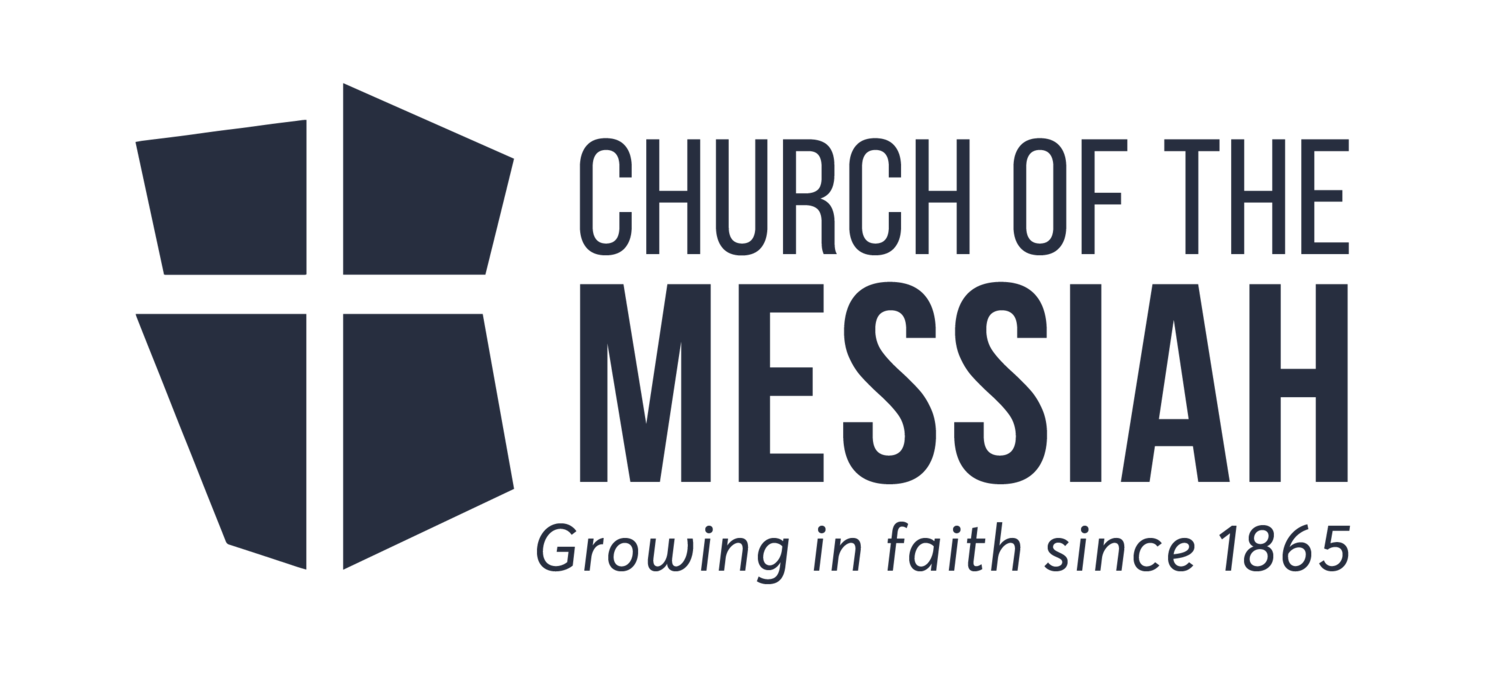THE BIBLE AND ROSE COLOURED GLASSES?
Dear friends,
"The Bible has been so corrupted over time with translation issues, that you cannot know what the original version actually said. But even when you are dealing with the Bible that we have, the translation issues mean that you really cannot understand it. All you can do is wear rose coloured glasses and pretend you have the real Bible and that you can really understand it." A couple of thoughts.
I have heard messages like this for many years. In fact, when I began my schooling for ordination, 5 minutes into my very first New Testament class, the Prof said something like this.
I mention this because this Sunday I will be preaching on James 4:1-6. I will do something that I rarely do. I will read verses 1-4, and verse 6 from the ESV, but I will read verse 5 from the NIV. Is this because I want to pick and choose Bible versions to get the wording that I want? Have I "tipped my hand" about the real state of the Bible, that it is just as the first paragraph in this blog says? Not at all.
First. The commonly held modern belief that there are so many versions with so many contradictions that you cannot know what the final text was - this myth is so wrong and so wrong in so many ways that I cannot deal with it in a short blog. I will just say one thing, relevant to this Sunday. If you read good academic commentaries (as I have been doing for decades), they always talk about issues connected to the different early copies of the texts and our knowledge of the final original text. As well, one of the "rules of thumb" in deciding what is most likely the original final text, is that when two early copies differ in wording, the more difficult reading is taken as the correct wording - not the easy one. This is because scholars recognize that people are more likely to want to "fix" a "difficult" reading than intentionally make the text more difficult. Scholars want to know what the original final text was. In James 4:1-6 there is one small instance of this "textual transmission issue," but both the ESV and NIV agree on what the original final text is - both agree that the "harder" variant is probably original. So, this is not why I switch translations mid-course. You can and should trust good modern English translations.
Second. When translating from one language to another there are always going to be some parts that are more difficult to translate than others. This is normal. All of those reading this who know more than one language know that this is normal. There is no way that the Bible could be written so that it would never have some translation issues. For a sceptic to demand, "If the Bible is truly God's word written, then there should never be a translation issue," is nonsensical. You can also demand that God makes square circles, but your demand makes you look foolish, not Him. When I was preaching (through an interpreter) to a semi-nomadic tribal group in Angola, my sermon had to pause as people debated how to translate the word "snow." There is no word for "snow" in their language, and not even good equivalents. One of the surprising things about the New Testament is how rarely there are real translation issues into English. As it turns out, James 4:5 is one of the hardest verses in the New Testament to translate into English.
Third. The Bible text in verse 6 calls you to be humble, and handling verse 5 requires you to act humbly! This is a good thing. The translation issue in verse 5 is this: is the text saying the Holy Spirit does a good thing? Or is it saying that the human spirit does a bad thing? I read four academic treatments of this. Two picked one way of translating the verse, and two chose the other. Please note, that no major doctrine depends on which translation you choose. Both translations can fit the context in an orthodox way. But you cannot definitively say which translation is right. You should not be troubled by this, but you do need to be humble.
Fourth. The Triune God has caused His word to be written and His church to exist and be fed by His word written. This means that we are to hear and understand the Scripture together and with others. Churches seek to prayerfully recognize who the Lord has called to the authoritative task of opening His word to the congregation. The opening of the word is to be a key and indispensable part of the Sunday gathering. It is in this context that you do your daily Bible reading, read and teach the Bible with those you are discipling, tell Bible stories to your children and grandchildren, read and teach the Bible in your small groups, read and teach in Sunday School. The "teaching elder" is part of the congregation, hearing their feedback and benefitting from their prayers. He is to also study the word with others, living and dead, so as to "rightly handle the word of truth, in season and in out."
Please pray for me and for Daniel. Please pray that Messiah will be a church where people are growing in their understanding of the word, "doing" of the word, teaching the word, and sharing the word with those who do not yet know Jesus as their Saviour and Lord. To God alone the glory!
George
